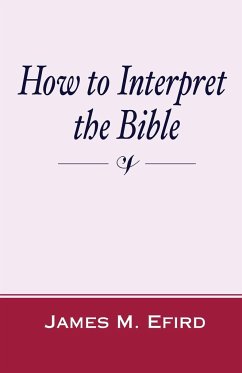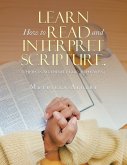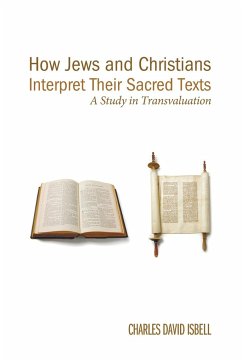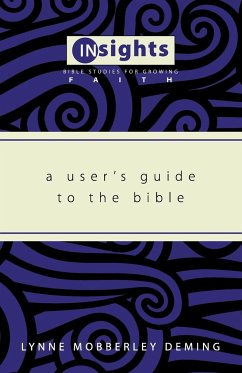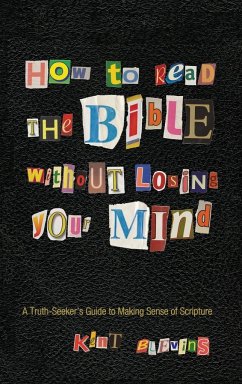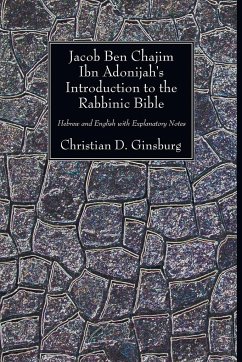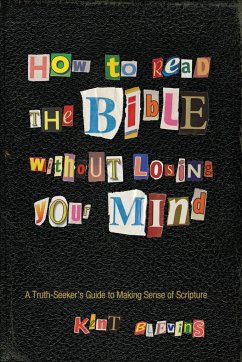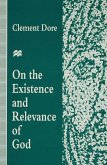James Efird examines various methods of biblical interpretation, emphasizing the strengths and weaknesses of each. His insights result in a presentation that enables ministers, students, and lay readers to grasp the meaning of the books of the Bible. He focuses on the ""original meaning of Scripture,"" i.e., who wrote it, when, where, and for whom. Approaching the Bible from its original context is a very helpful method for understanding and relating Scripture to contemporary issues and applying biblical teachings to modern times. Faith is based on the Word of God. It is imperative that the best available means to read, study, and understand the Word are employed. Efird demonstrates how to study the Bible so that Scripture may be understood and experienced in all its fullness. This useful introduction is a practical resource ideal for group and individual Bible study. It is recommended as a companion volume to Efird's These Things Are Written: An Introduction to the Religious Ideas of the Bible. These two books, when used in conjunction, provide a general overview and basic resource for biblical interpretation.
Hinweis: Dieser Artikel kann nur an eine deutsche Lieferadresse ausgeliefert werden.
Hinweis: Dieser Artikel kann nur an eine deutsche Lieferadresse ausgeliefert werden.

